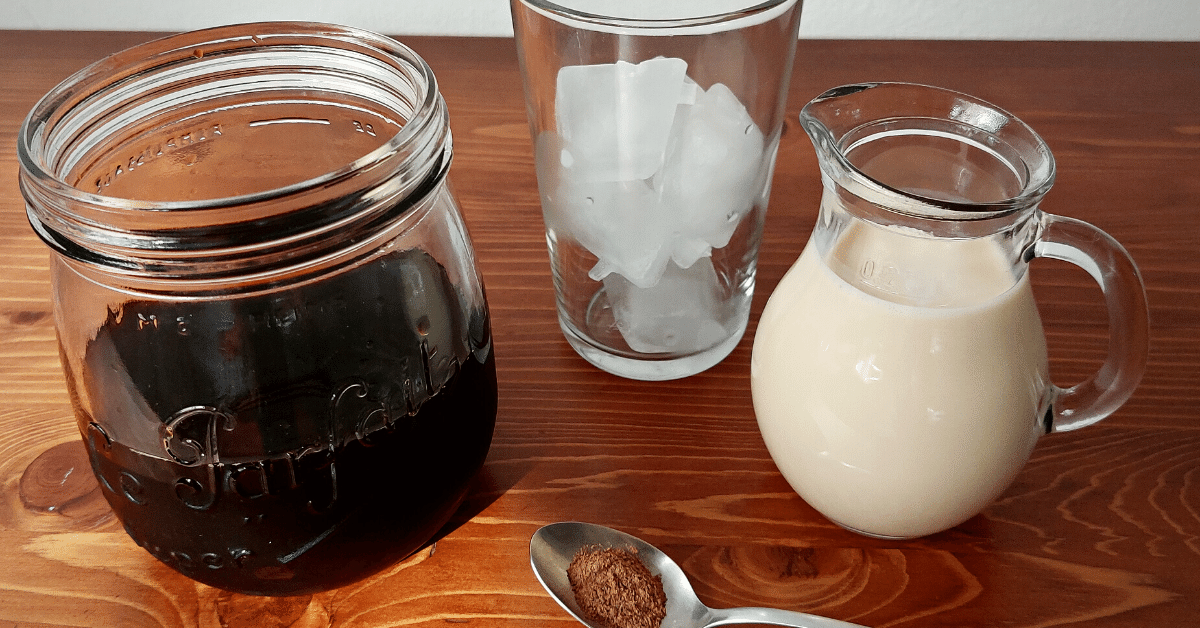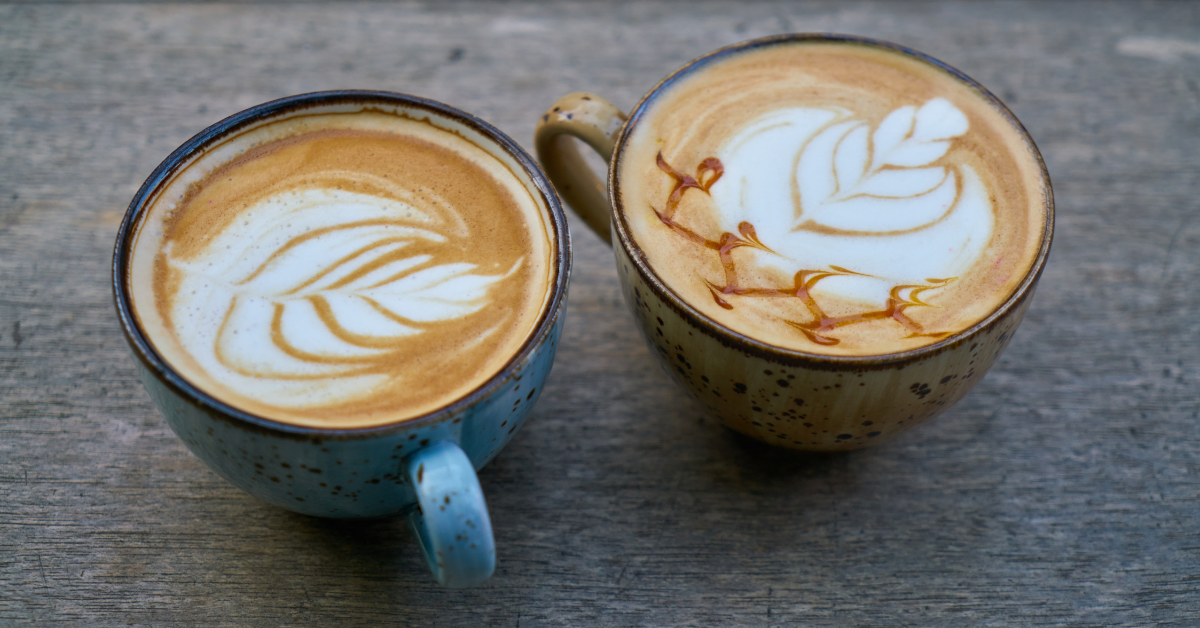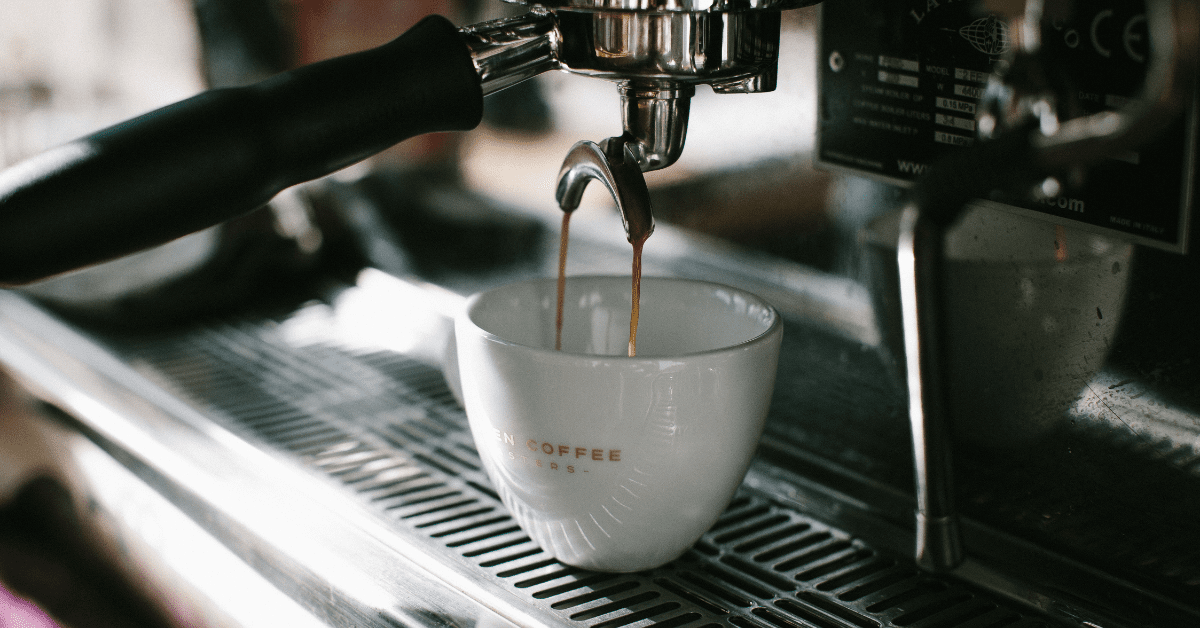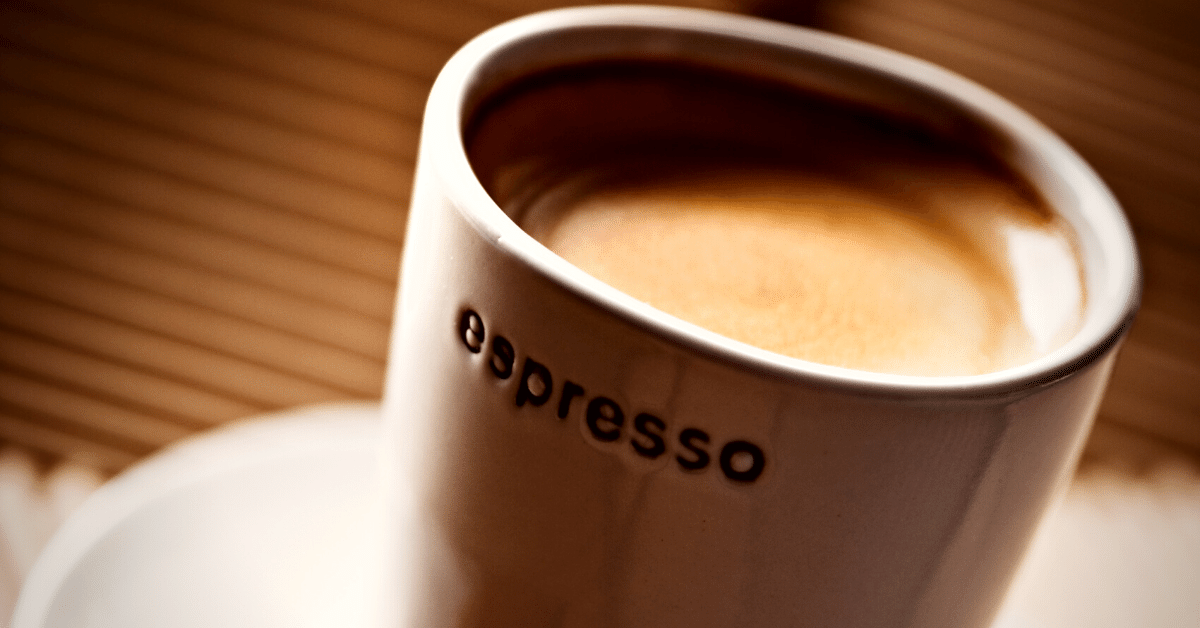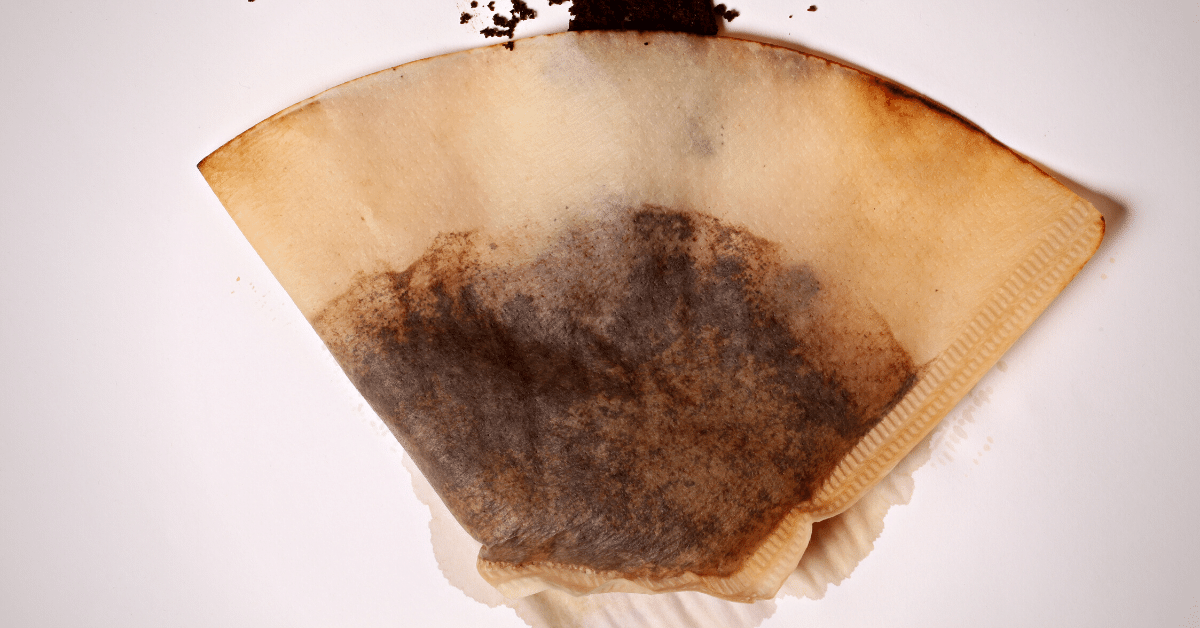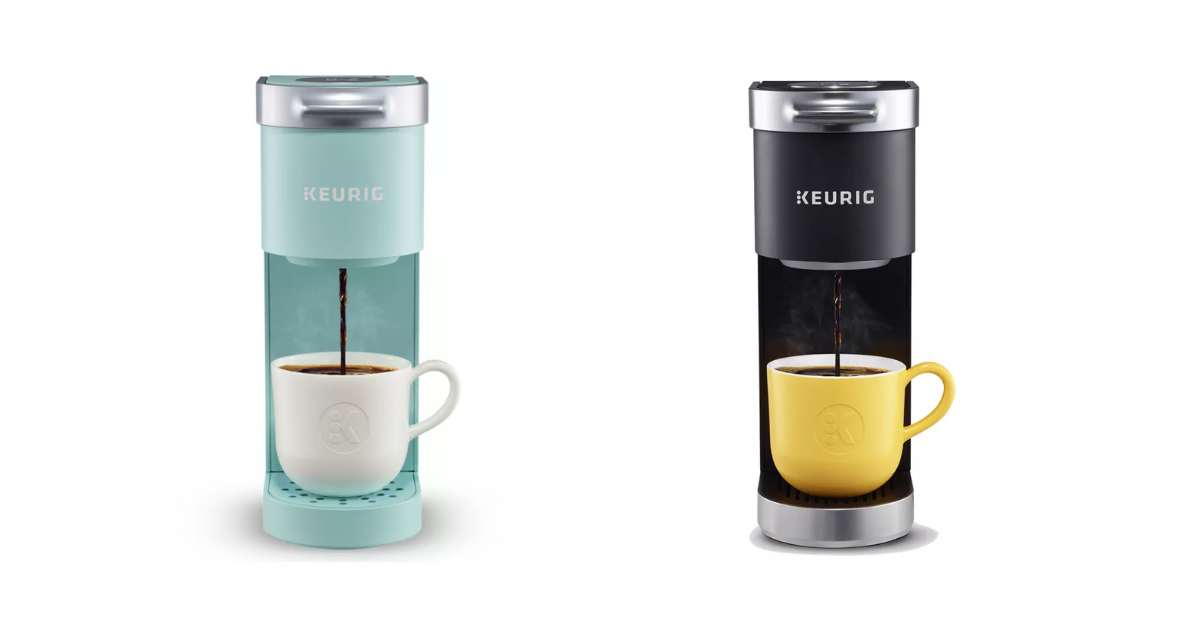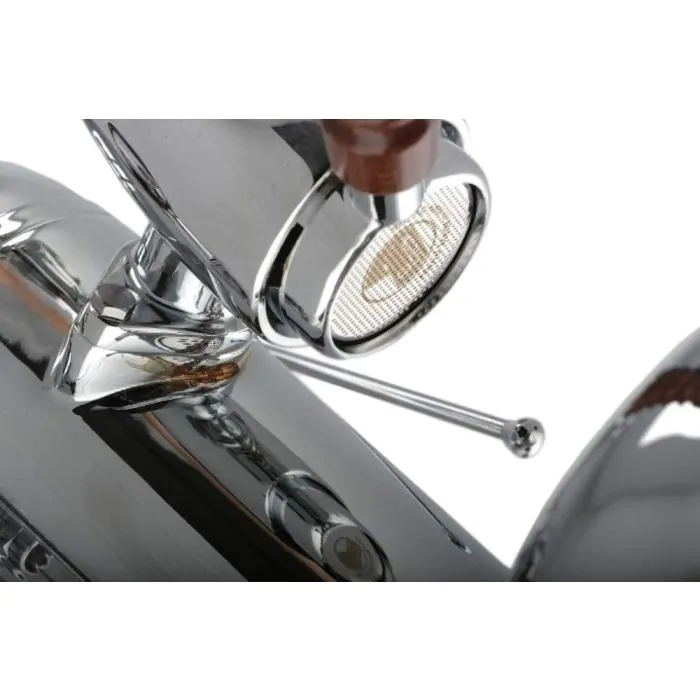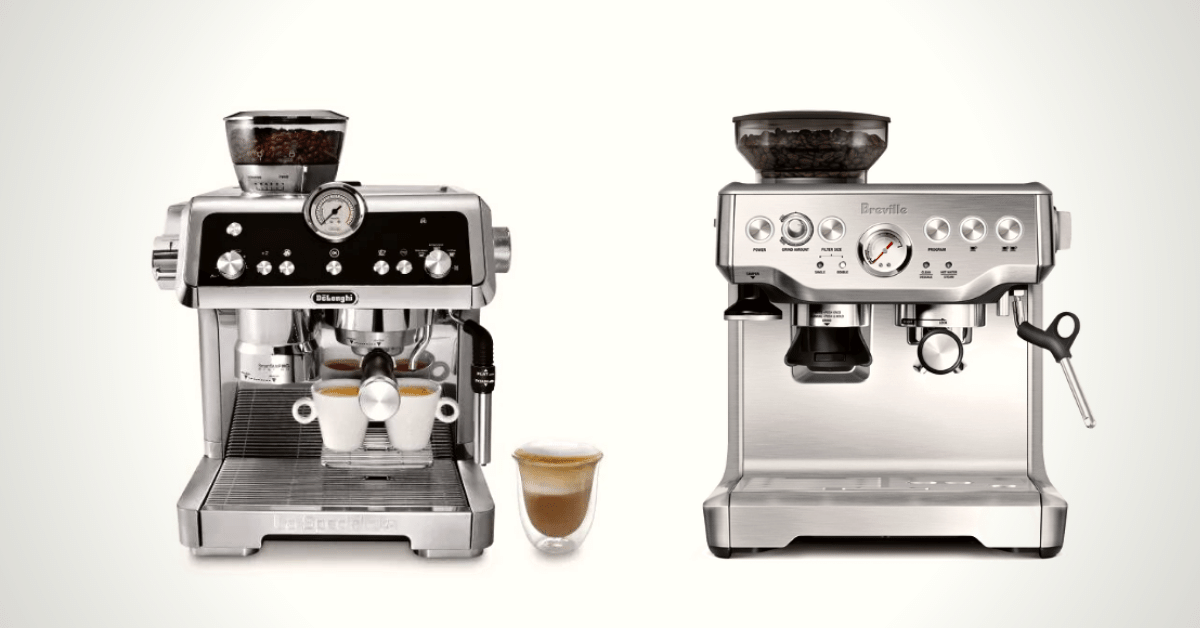How long does it take for coffee to kick in? Jump into our guide and discover all the factors influencing the time your coffee takes to kick in.
Freshly brewed coffee is a great way to wake up in the morning.
But how long does it take for coffee to kick in?
Well, that depends on a lot of factors actually.
To make your job easier, I’ve spent hours reading studies on the subject.
In this article, we’ll go over everything science taught us about caffeine – from its duration to factors that affect it.
Let’s dive in.
Coffee & Caffeine: When Will It Kick In?
As an avid coffee drinker, I can tell you one thing – the first sip of this drink can give you an instant happiness boost. Obviously, this has nothing to do with the actual side effects of drinking coffee and everything to do with my beverage preferences.
But unlike those mood changes caused by my pure obsession with coffee, the effects of caffeine are very real.
Now, a lot of factors play a role in the duration of caffeine effects, and we’ll get to them in a bit. But generally, they last between 8 and 12 hours.
However, you don’t feel the effects at the same intensity for the entire duration. (I know, that would be great.)
Instead, we can actually determine the three most important “moments” in caffeine effects:
- Kick
- Peak
- Half-life
Let’s see what those are.
Kick & Peak
Caffeine gets absorbed rather quickly. It takes roughly an hour for our bodies to metabolize it in the gut and dissolve it in body water and fat. From there, it easily gets distributed throughout the system.
But you don’t have to wait that long to feel its stimulating effect.
In fact, it may take as little as 15 minutes for you to feel the effects of the coffee you just drank.
However, that’s not its final form.
As I said, our digestive system takes about an hour to fully absorb caffeine. Once it does, it distributes it via liquids throughout our whole body, including our brains. And this is when you can actually feel its peak.
This is when you’re most energetic and alert and also when you might experience adverse effects of caffeine, such as:
- Jitters
- Dizziness
- Fast heart rate
- Anxiety
Of course, caffeine is still pretty much in your system after its peak. This brings us to the next point…
Half-life
Now, the half-life is, as the name suggests, that time point when the concentration of caffeine in your system decreases to half.
This typically occurs around 4 to 5 hours after consuming coffee.
So, if you had a double espresso around 4 PM, you’ll still have about one espresso worth of caffeine in your system by 8 PM.
If you ever wondered why you couldn’t sleep at night even if your last cup was many hours ago – this is why.
Factors That Influence the Effect of Caffeine

However, things aren’t so straightforward when it comes to caffeine effects.
You see, many other factors can affect how your body responds to caffeine.
Food & Drinks
First, let’s not forget that there are food and drinks that also contain caffeine, such as:
- Chocolate (and chocolate-flavored food)
- Protein and energy bars
- Pre-workout drinks and powders
- Some chewing gums
- Energy drink
And of course, don’t forget that drinks like tea and hot cocoa also have some caffeine in them.
Why am I bringing this up?
Well, because consuming a caffeinated beverage or food will alter the duration and concentration of caffeine in your system.
And let’s say you’re chewing a caffeine-packed chewing gum without realizing it. These gums can contain as much as 100mg of caffeine, which is roughly the same as drinking another 8-ounce cup of black coffee.
But aside from food that contains caffeine, there are a few non-caffeinated foods that influence the effects of caffeine as well.
Grapefruit juice consumption slows down caffeine clearance by 23% and prolongs caffeine half-life by 31%.
On the other hand, broccoli, kale, cauliflower, and Brussels sprouts increase the clearance time.
Age
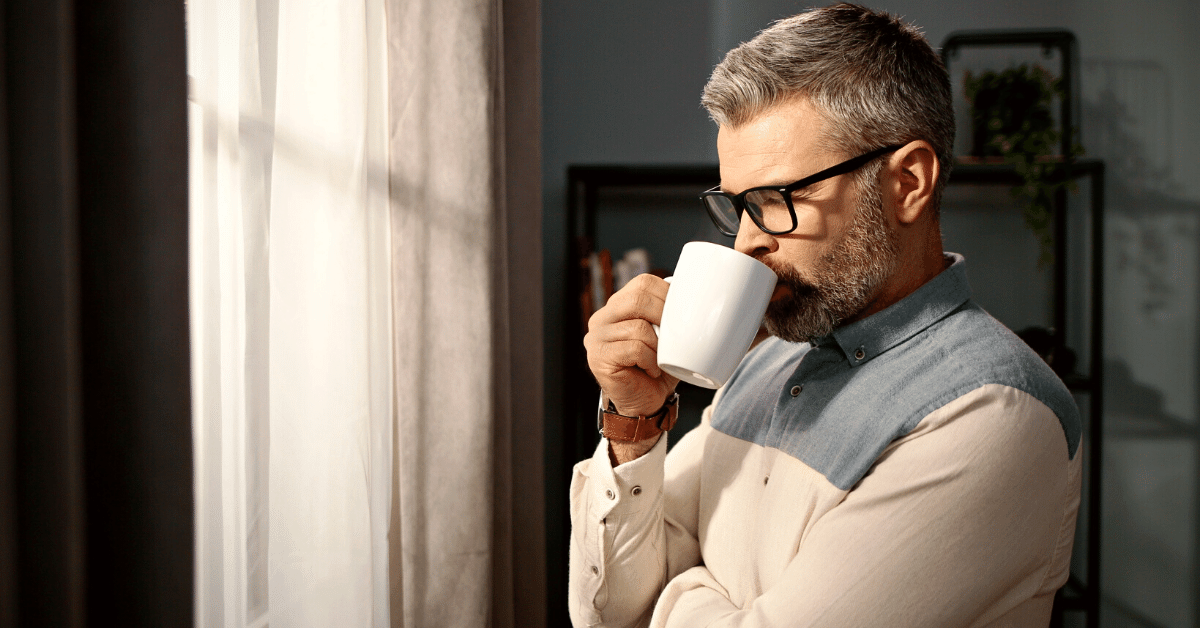
Your age plays a role here as well.
Apparently, older adults need more time to process caffeine than younger people. The research shows that participants aged 65-70 took around 30% longer to metabolize caffeine than younger adults.
Now, that means that kids and teenagers process caffeine even faster. But just because they can, that doesn’t mean they should.
In fact, it can be toxic. For kids under 12 years old, it’s best to avoid coffee consumption altogether. For teenagers, it’s recommended that they limit their caffeine dose to 100 mg a day.
Body Type & Genetics
Just like your weight affects the number of calories you should eat each day, the same goes for caffeine.
There’s no general consensus on the matter, but it’s believed that around 3mg/pound is an appropriate amount of caffeine for healthy adults.
So, the more you weigh, the larger the caffeine dosage your body can sustain.
However, your weight is not the only thing that affects that.
Certain variations of the genes responsible for the metabolization of caffeine (CYP1A2 and AHR) can speed up the whole process. Obviously, this is something you can’t just figure out on your own, but with the help of a medical professional.
Liver and Kidney Health
The two superstars in your body when it comes to caffeine processing are the liver and kidney.
The liver is the main organ for the metabolization of this component. Diseases affecting this organ can affect the process as well. Most commonly, cirrhosis and hepatitis B or C are the ones slowing down caffeine clearance.
When it comes to kidneys, they’re responsible for getting the caffeine out of your system. So if they’re not working properly, caffeine will remain in your body for much longer.
Cigarettes
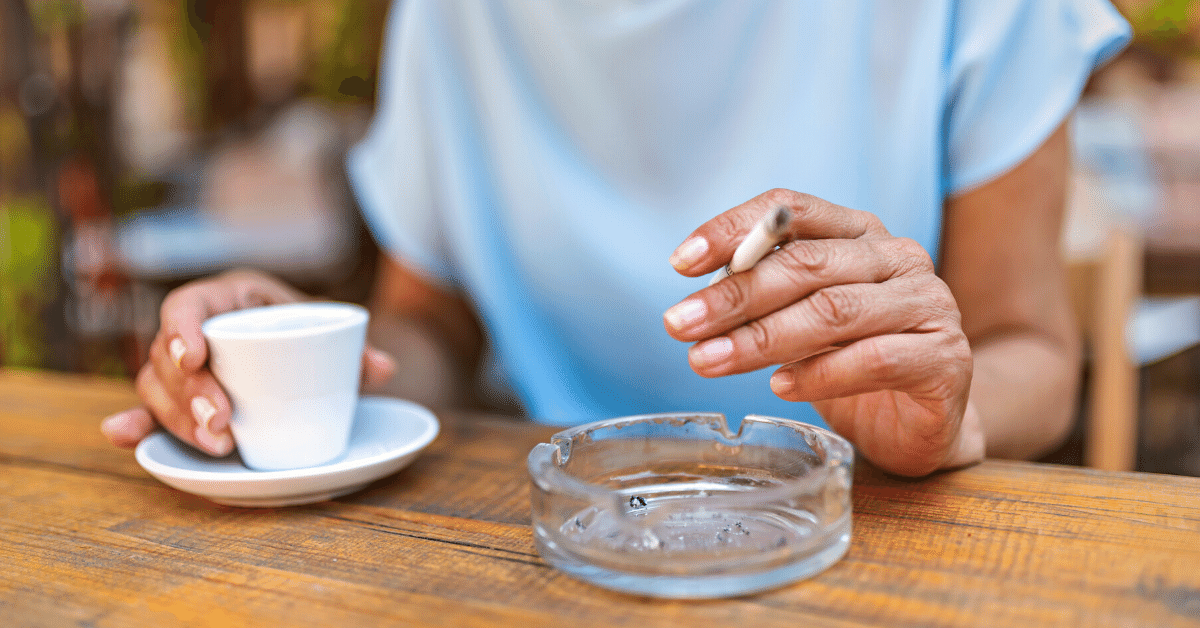
Interestingly enough, smoking speeds up the time caffeine takes to leave your system.
In fact, studies show that cigarettes almost cut the clearance time in half.
Basically, cigarettes contain polycyclic aromatic hydrocarbons (PAH). What these do is increase the activity of liver enzymes. So what happens is that your liver works twice as fast to metabolize caffeine.
I guess now I understand why many smokers drink so much coffee…
Drugs & Medications
I guess this is really not surprising, as caffeine is a drug as well.
And well, we all know that some medications aren’t supposed to be mixed.
First, there are many OTC drugs containing caffeine, such as:
- Excedrin
- Midol
- Anacin
- Vivarin
Taking these drugs and coffee simultaneously can easily cause you to go above the daily recommended caffeine intake.
Now, it’s worth noting that oral contraception can increase caffeine half-life. The same goes for antacids like Cimetidine.
Furthermore, certain psychostimulants and antidepressants impact how your body processes caffeine. For instance, Fluvoxamine (used for treating OCD and social anxiety disorder) can increase caffeine half-life from 4 to 31 hours!
That’s because psychiatric medications are metabolized by the same enzyme that metabolizes caffeine.
The same effect has Idrocilamide, which is an anti-inflammatory and muscle relaxant drug used for lumbago. This medicine can increase caffeine half-life to 63 hours, which is insane to imagine!
Caffeine Tolerance
Finally, chronic consumption of caffeinated coffee can lead to tolerance at some point.
Eventually, the more you drink, the more you need it to get the same energy kick.
It’s not just your mind, but your whole body gets used to it and becomes less responsive to it.
Tips for a Faster Caffeine Kick
Caffeine kicks in pretty fast – but not fast enough for many of us coffee lovers.
But you’ll be pleased to know that there are a few tips you can try to have a faster caffeine kick.
1. Drink stronger coffee
Not all coffee has the same caffeine level.
Robusta beans, for instance, have more caffeine compared to Arabica.
When it comes to drinks, you’ll get the most caffeine per ounce in an espresso.
2. Drink coffee before eating
The reason why this method works is pretty simple. Without food in your stomach, there’s only one thing for your gut to digest – caffeine.

Now, I’m not saying that skipping breakfast is a good idea. It definitely isn’t, as it’s said to be the most important meal of the day.
But if you’re not hungry as soon as you open your eyes, then there’s no reason why you can’t have coffee first.
3. Don’t add milk
Regular black coffee is just coffee grounds and water. Adding milk to it would, therefore, dilute it.
In order to get a better kick off your coffee, go with black.
Just like food, that milk added to your cup is yet another thing your stomach needs to metabolize, so the caffeine won’t hit you as fast.
To Sum Things Up
As you can see, caffeine stays in your system for quite a while.
However, it kicks pretty fast and stays at its peak for an hour or so.
Still, keep in mind that there are a lot of factors that influence the effects of caffeine. These include your age, body type, tolerance, and, of course, other things you consume.
Which coffee has the most caffeine? Here’s our in-depth article on caffeine content in coffee.


